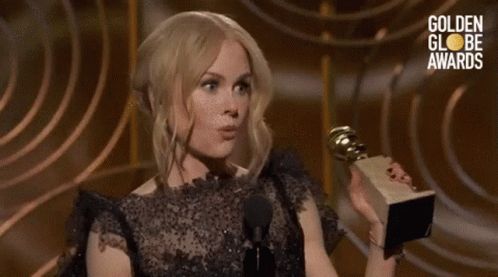Y’all, standpoint theory is kicking my butt, and I LOVE IT. The number of words I’ve written that are NOT being posted…

If you haven’t read last week’s post, please do before reading on…and please join the discussion over there with a question or comment! It’s already hopping with SUCH INTERESTING STUFF because this is generative and y’all are awesome.
OK, the biggest questions after last week were:
- Say more about the difference between an individual perspective and a collective standpoint, please?
- What do I do with standpoint theory?
Here we go.
Why does a standpoint have to arise from group struggle?
Mmkay. Black standpoint theorist Patricia Hall Collins explains that “standpoints” are found in groups, not individuals:
“The notion of a standpoint refers to historically shared, group-based experiences. Groups have a degree of permanence over time such that group realities transcend individual experiences…While my individual experiences with institutionalized racism will be unique, the types of opportunities and constraints that I encounter on a daily basis will resemble those confronting African Americans as a group.” (emphasis mine)
For example: of course every woman has a different experience of being a woman. But there are some common experiences, and it's that common space where a standpoint begins.
OK, and then white standpoint theorist Sandra Harding explains the “collective struggle” piece:
“Only through [collective] struggles can we begin to see beneath the appearances created by an unjust social order to the reality of how this social order is in fact constructed and maintained.”
I think she’s saying: you don’t have a feminist standpoint if you are a woman but have never collaborated with other women to understand and improve the systems hurting women. It’s only when we’re trying to understand and relieve the pain points—together—that we gain those powerful insights. She says elsewhere that a standpoint is an “achievement,” not a given.
Putting Collins and Harding together, I get something like:
I didn’t opt into being a woman, as though I joined a club with an understanding of all that would befall and be expected of me when I did. I have certain experiences common to women because I present as a woman (for example, catcalling) or because I have characteristics consistent with womanhood (for example, stirrups and pap smears, God help us).
I can individually react however I want to these experiences; fine, I’m my own girl!
But ST would say, “if, with other women, you start analyzing what’s going on in those experiences, y’all will likely—together—build a body of insight that’s simply not available to men. Some of it will be insight about womanhood; some of it will be insight about how men as a group work; some of it will be insight about the relationships between the two, and how power gets made and reinforced in those relationships.”
And ST, who’s apparently just as wordy as I am, would go on:
“If y’all want more gender justice, y’all should put those insights to work, put them into practice. If men want more gender justice, they should recognize that they’ve got some ‘unknown unknowns.’ They simply will not be able to solve gender-justice problems without the group insights of women. This recognition should spur them, if they want gender justice, to consult well-established bodies of knowledge created and cultivated by women…who may not always agree with one another, but have put a lot of time, effort, and struggle into understanding the problems and crafting solutions.”

So, what do we do with standpoint theory, in our “getting proximate” work?
I think one straightforward answer is: When you have a question about a problem facing a historically marginalized group, go first to already-existing materials written by members of that group, who’ve done collective-action work with other members of that group.
Let’s take foster care as an example, since a few of us are working with kids in or just-out of the foster system.
Standpoint theory wouldn’t say: Whatever any individual foster kid says or does is indicative of every foster kid” or “every individual foster kid’s insights about the system are accurate and actionable.
Standpoint theory (I think) would say: There are books, articles, podcasts out there by current and former foster kids who have studied and reflected on their own experiences with other foster kids. Their insight is invaluable—not only because it’s firsthand, but because it is the only insight that can incorporate all levels of the system. (They can “pick up” the statistics, for example, but the statisticians can’t “pick up” foster kids’ experiences.) So: if you want to know how best to help foster kids, or understand the foster system, read stuff written by current or former foster kids who’ve been involved in foster-system advocacy.
DOES THAT HELP AT ALL? Clear as mud? What questions does this raise? Where else can you see this applying? Please keep jumping in!

Member discussion: